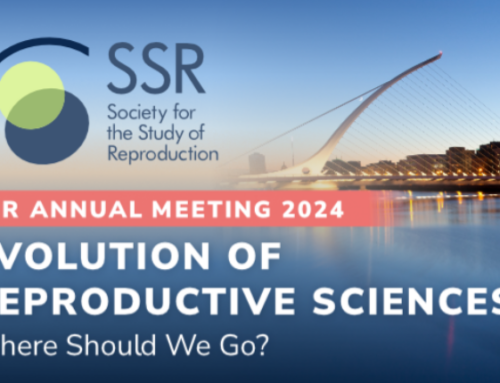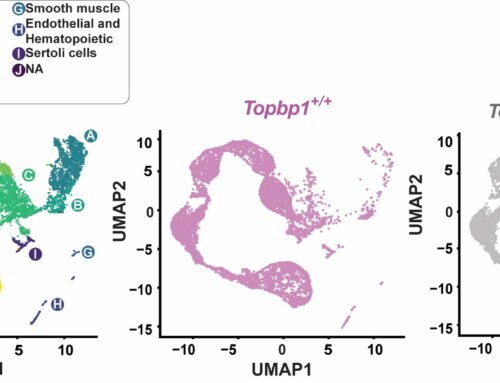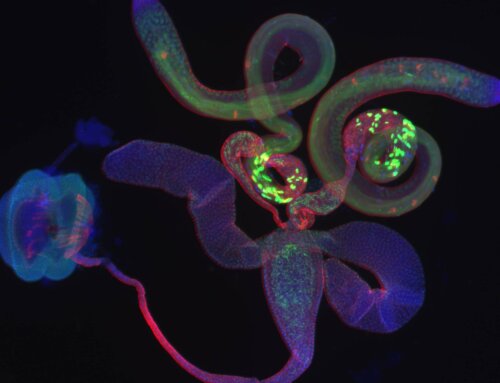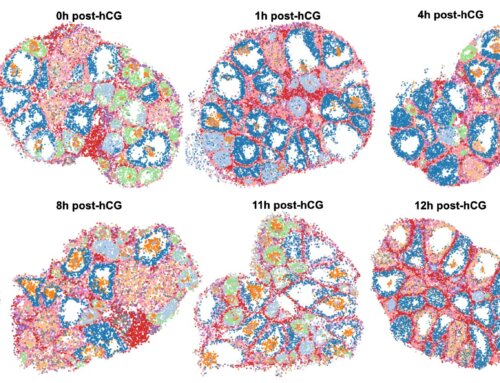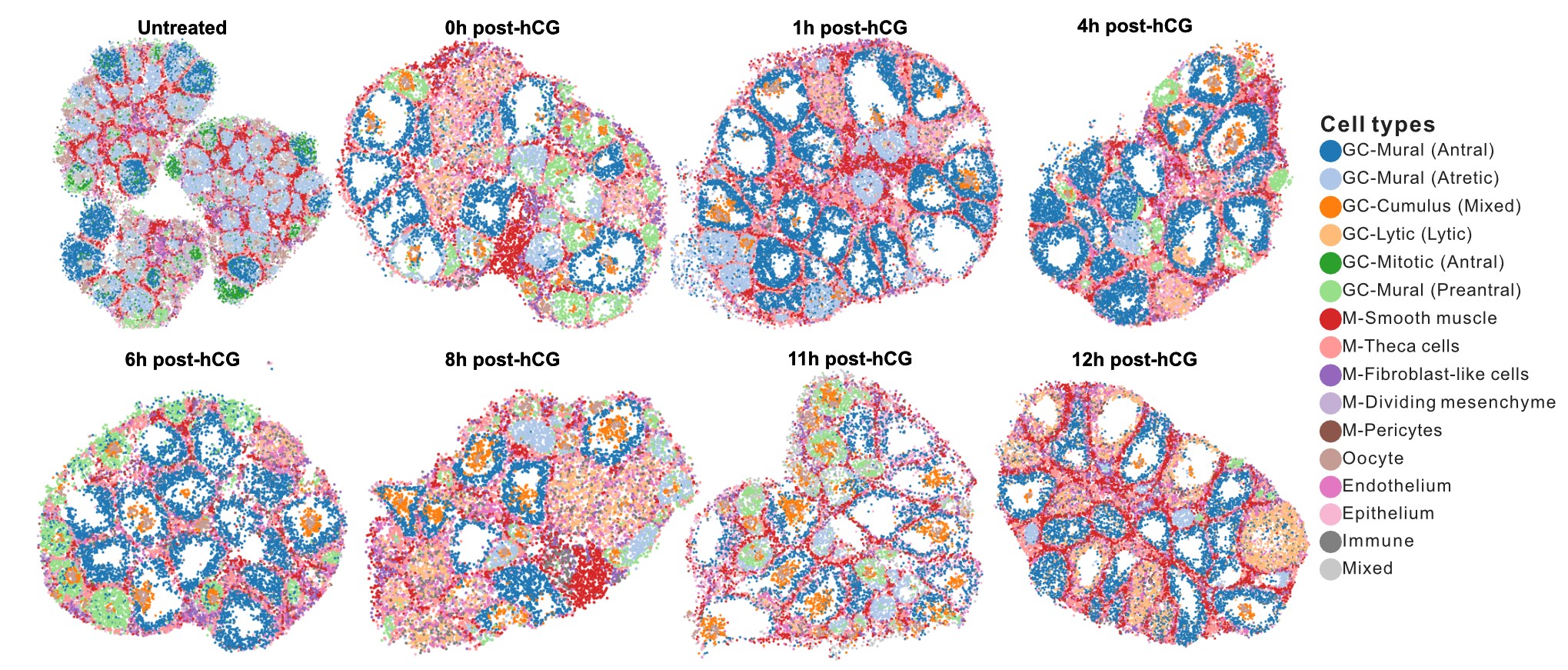
January 2024
Yi Athena Ren, PhD (Assistant Professor in the department of Animal Science) and Iwijn De Vlaminck, PhD (Associate Professor at the Menig School of Biomedical Engineering) published research in Proceedings of the National Academy of Sciences (PNAS) this week with their new article, “A spatiotemporal molecular atlas of the ovulating mouse ovary.” As you may recall, Drs. Ren and De Vlaminck shared resources and new insights with PNAS last fall with a manuscript of the same title.
The findings of this research are best explained in the words of Dr. Ren herself:
“Ovulation is a complex process that involves extensive molecular, cellular and structural changes in distinct compartments in ovarian follicles, which culminate in follicle wall rupture and release of oocytes for fertilization. Successful ovulation is predicated on precise coordination and interaction between cell types within the ovary, both temporally and spatially.” This research presents, as Dr. Ren describes it, ” a pioneering application of spatial transcriptomics at single-cell resolution coupled with high temporal resolution to map out the cell-type- and follicle-growth-stage-specific molecular programs that are important for ovarian follicle maturation and ovulation in mice.”
The feature photograph for this article showcases this exciting data, showing spatial transcriptomic maps of both normal mouse ovaries and ovaries affected by hormone-controlled ovulation. For more details on this image, see Figure I of this transcript, “Spatial transcriptomics profiling of murine ovaries undergoing hormone-induced ovulation.”


